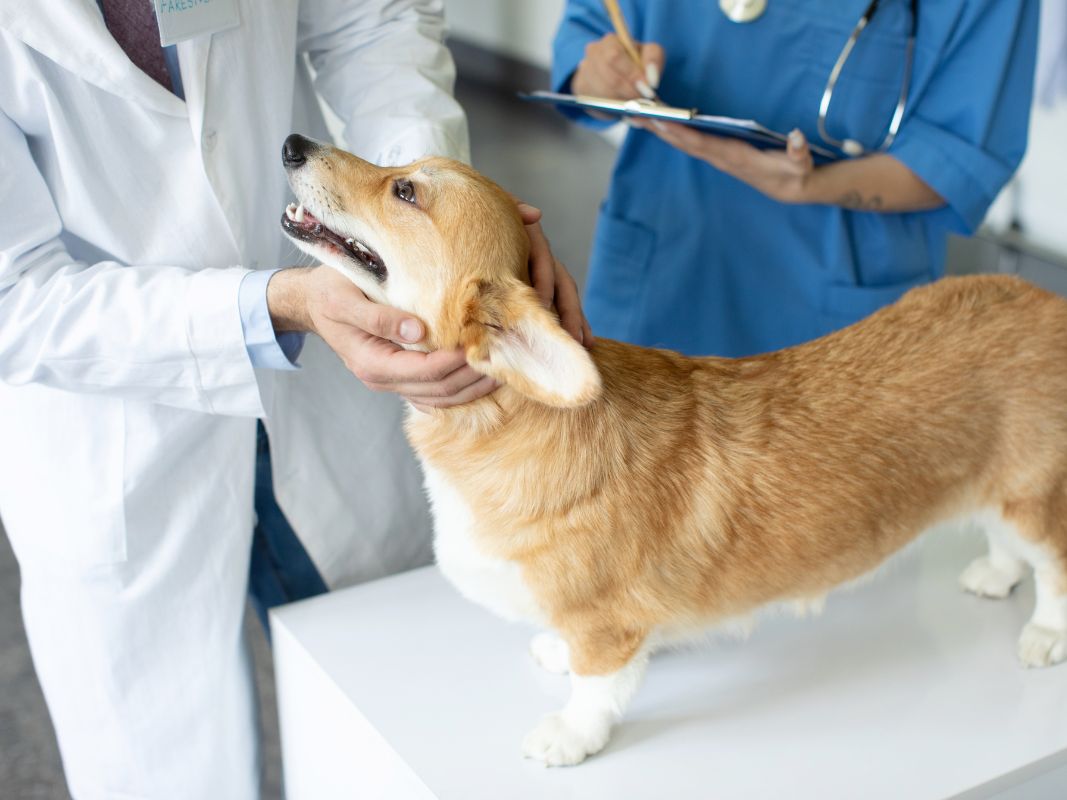|
A pet hospital differs from your regular vet clinic. Staff at a pet hospital can handle more serious conditions and emergencies, providing a higher level of care and round-the-clock monitoring for critically ill animals. Whether your pet is suffering from a sudden illness, an accident, or a chronic disease, the vets will provide the necessary care and treatment to ensure the best possible outcome for your pet. Knowing this information before visiting a pet hospital can make your visit less stressful and help you focus on your pet’s well-being. When To Visit a Pet HospitalEvery pet owner should be able to recognize signs of distress or discomfort in their pets. Unusual behavior, lethargy, loss of appetite, vomiting, or difficulty moving may indicate your pet is ill. Some symptoms might not be as noticeable but are equally serious. These include sudden weight loss or gain, excessive drinking or urination, or unexplained lumps and bumps on their body. Preparing for Your VisitBefore visiting a pet hospital, you should gather previous medical records of your pet. If they are on any medication, inform the vet. Also, note any recent changes in your pet’s behavior, diet, or activity levels. Communicate any dietary restrictions or allergies to the hospital staff to prevent any adverse reactions to treatment. Understanding the Diagnostic ProcessThe diagnostic process at a pet hospital involves a physical examination. The veterinarian may check your pet’s weight, listen to their heart and lungs, examine their eyes, ears, and teeth, and check the abdomen for abnormalities. The vet may suggest a complete blood count (CBC) to measure their red blood cells and white blood cells and examine organ function. Dealing With Treatment and MedicationTreatment and medication for your pet will depend on the diagnosis made by the veterinarian. If your pet has a minor infection, for example, treatment might involve prescription medication to be administered at home. The vet will provide detailed instructions about dosage and timing, so it’s important to follow these instructions carefully to ensure the most effective treatment. The Importance of Regular Follow-upsFollow-up visits are equally important as the initial one, as they allow the vet to evaluate your pet’s response to treatment, adjust medication dosages if necessary, and detect complications. These visits also allow you to discuss concerns or observations you have about your pet’s health. Make sure to schedule and attend these appointments to ensure your pet’s speedy recovery. Taking your pet to a pet hospital can be an emotionally challenging experience, but you can handle the situation when you know what to expect. If you are looking for a reliable veterinarian in Palmdale, CA, we can certainly help you through this process. Your pet relies on you to look out for their health and well-being, and getting them the care they need can make all the difference.
0 Comments
Leave a Reply. |
AuthorAntelope Valley Medical Center Team archives
June 2024
Categories |


 RSS Feed
RSS Feed
